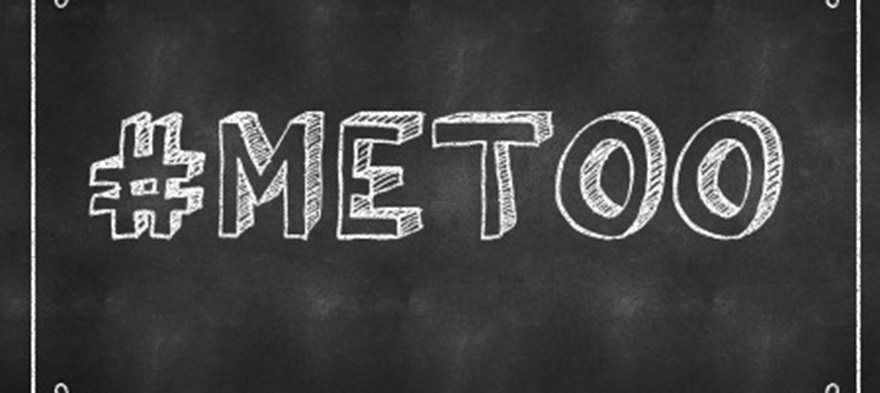
Marilyn Anderson Rhames is an educator, writer, thought leader and social entrepreneur. She is founder and CEO of Teachers Who Pray, a faith-based nonprofit that has more than 100 chapters nationwide. She is also the author of the upcoming book, “The Master Teacher: 12 Spiritual Lessons That Can Transform Schools and Revolutionize Public Education.” She is currently on the design team for Harvard University's Leaders' Institute for Faith and Education (LIFE). Marilyn has 14 years experience teaching in Chicago Public Schools, but before becoming an educator Marilyn worked as a journalist for People and Time magazines and for newspapers including New York Newsday and The Journal News. She currently writes for Education Post and has published pieces in the Huffington Post, Black Enterprise and RealClearEducation. Marilyn was named 2013 Commentator/Blogger of the Year by the Bammy Awards for her Education Week blog, entitled “Charting My Own Course." She was a 2016 Surge Institute Fellow and a Teach Plus teaching policy fellow from 2010-1012. Through her consulting firm Rhames Consulting, Marilyn offers a full range of services from education content editing to providing professional development on community engagement to public speaking on issues of faith, race, writing, and education. Marilyn has served as an education commentator on 90.1 FM Moody Radio Chicago; the presenter of a 2013 TEDx talk entitled “Finding the Courage to Voice the Taboo”; and a 2017 speaker at the Yale University Education Leadership Conference. She holds a master’s degree in journalism from Columbia University and a master’s degree in education from National Louis University. Marilyn is a wife and mother of three. In August 2017, she came together with more than 40 other African-American parents, students and teachers to talk about the Black experience in America's public schools. These conversations were released as a video series in Getting Real About Education: A Conversation With Black Parents, Teachers and Students.
If you have a child with disabilities, you’re not alone: According to the latest data, over 7 million American schoolchildren — 14% of all students ages 3-21 — are classified as eligible for special...
The fight for educational equity has never been just about schools. The real North Star for this work is providing opportunities for each child to thrive into adulthood. This means that our advocacy...
The story you tell yourself about your own math ability tends to become true. This isn’t some Oprah aphorism about attracting what you want from the universe. Well, I guess it kind of is, but...
Your donations support the voices who challenge decision makers to provide the learning opportunities all children need to thrive.
Ed Post is the flagship website platform of brightbeam, a 501(c3) network of education activists and influencers demanding a better education and a brighter future for every child.
© 2020–2024 brightbeam. All rights reserved.